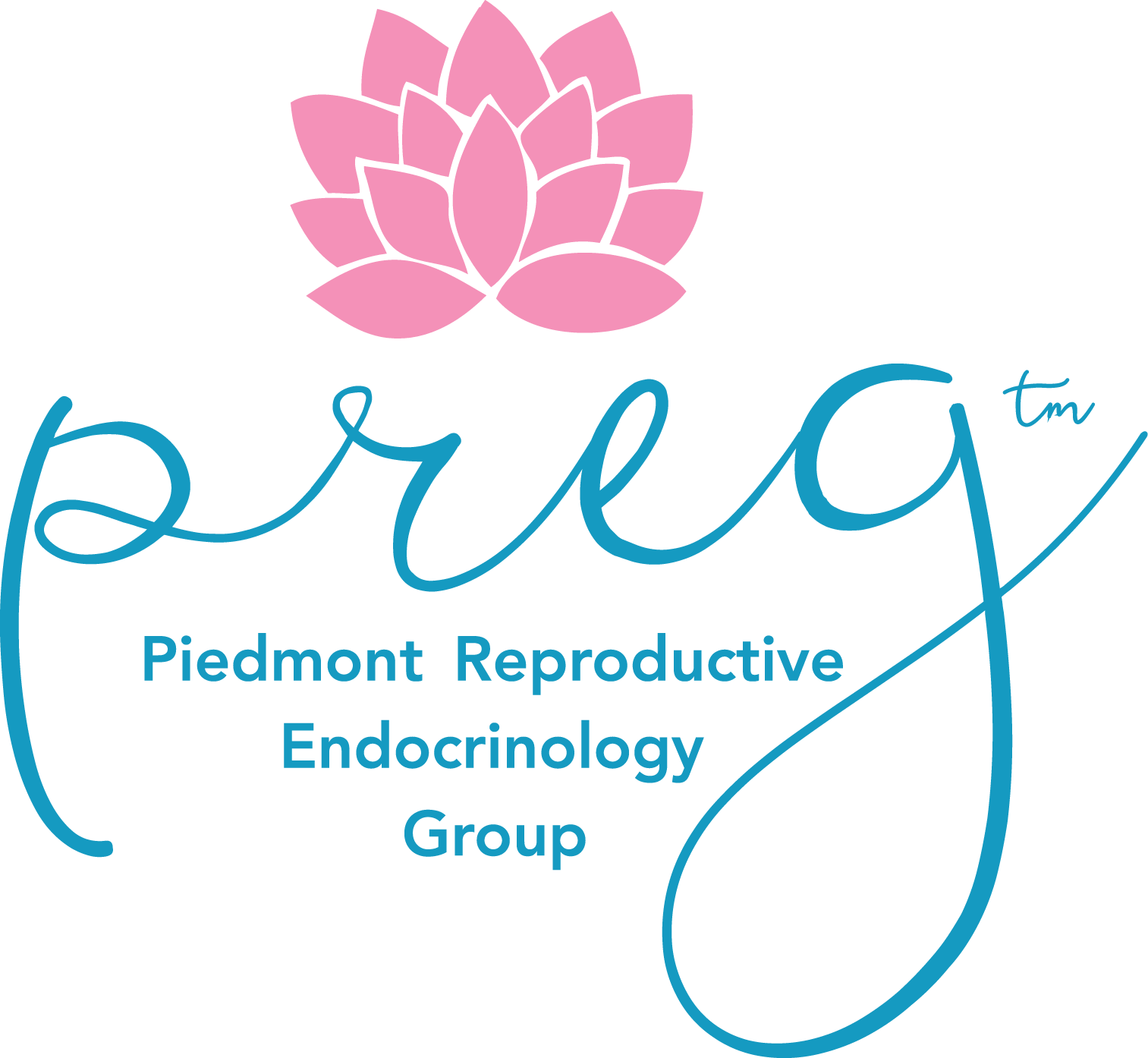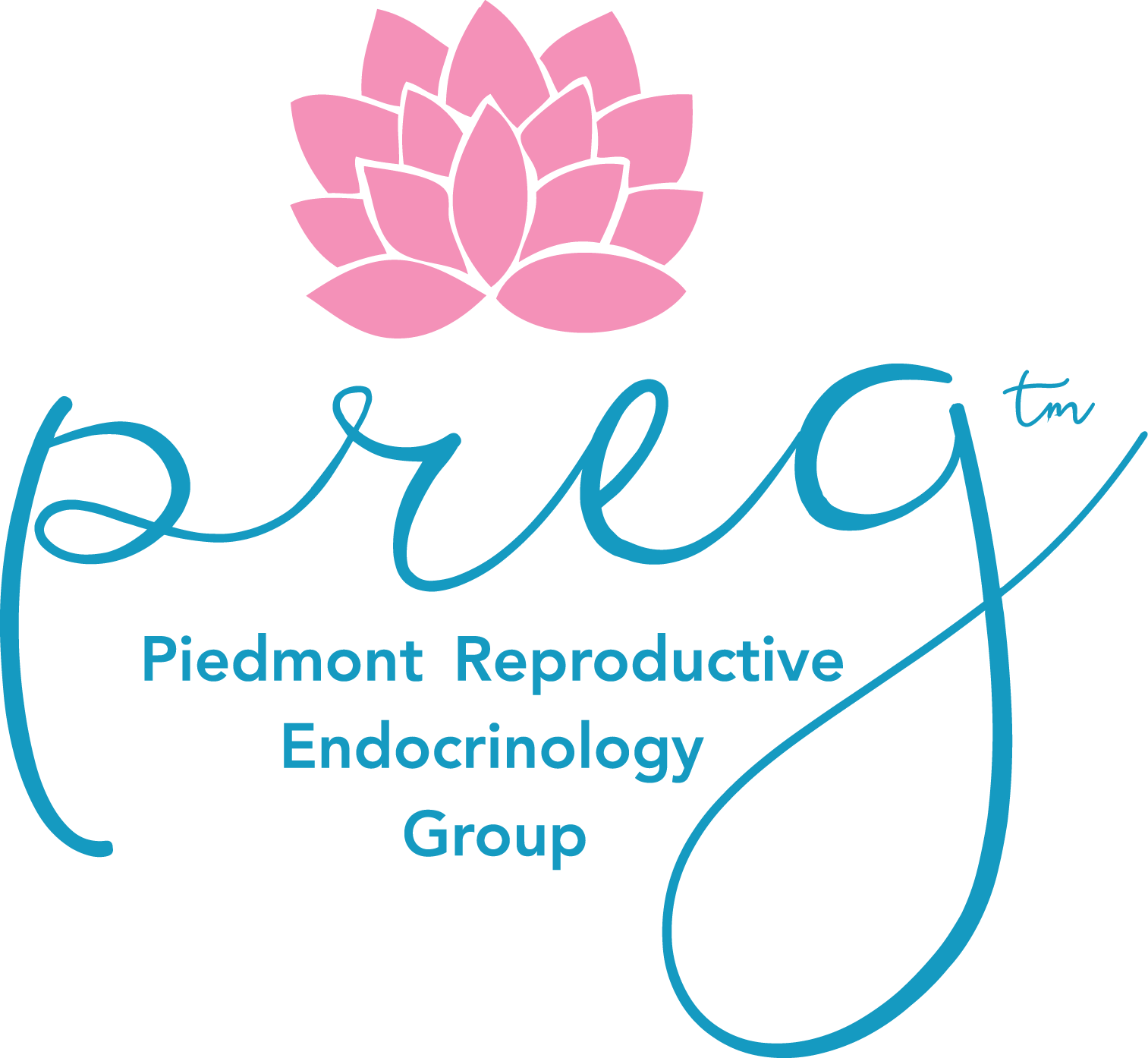Over the last few decades, companies have developed many different tools to help women prevent pregnancies. But there hasn’t been nearly as much innovation—and investment—in technologies that help women get pregnant.
That’s starting to change. On Wednesday at Fortune’s fourth annual Brainstorm Health conference in San Diego, a trio of entrepreneurs shared the ways in which their respective startups are tackling different aspects of women’s fertility and maternal health.
“So much of fertility today is reactive, and we’re trying to make the conversations more proactive,” says Carly Leahy, co-founder and chief creative officer of Modern Fertility, a San Francisco-based company that sells an at-home fertility hormone test. Modern Fertility also provides educational services like consultations with nurses and a weekly webinar (which they call an “Egginar”).
Another company, Kindbody, offers a broader range of services, including IVF, donor support, and egg and embryo freezing. The New York-based startup sells both to patients and employers, who are increasingly offering such benefits to employees. “Historically, egg freezing and IVF was for the 1%,” says Gina Bartasi, founder and CEO of Kindbody.
Bartasi says her company is trying to bring down the cost of such procedures partly by acquiring its own electronic medical record and billing system, and by leaning on employers to take on more of the cost of fertility services, especially with more and more women putting off childbearing until later in their careers. “The employers are leading in this field,” says Bartasi. (To be sure, plenty of corporations still don’t provide adequate benefits for women who are trying to conceive.)
Kate Ryder, founder and CEO of Maven, a “virtual clinic for women and families,” also sells directly to employers. Through Maven, corporations can offer their employees access to vetted healthcare professionals, IVF and adoption services, return-to-work support following the birth of a child and even a breastmilk-shipping perk for lactating moms who travel for work.
There’s a reason an increasing number of employers are turning to such benefit offerings. “Forty-three percent of new moms are dropping out of the workforce,” says Ryder.
Investors are also taking note: Maven recently raised a $27 million series B round of funding from Sequoia Capital, Oak HC/FT, Female Founders Fund and other investors. And you can expect to see more companies like Modern Fertility, Kindbody and Maven, both getting funding and gaining traction with corporate customers. According to the Centers for Disease Control and Prevention, about ten in 100 women in the United States ages 15 to 44 have difficulty becoming or staying pregnant. With more women waiting longer to conceive, those numbers will likely increase.
For more information, please visit http://fortune.com/2019/04/03/fertility-services-technology-employee-benefit/?utm_source=emailshare&utm_medium=email&utm_campaign=email-share-article&utm_content=20190404


